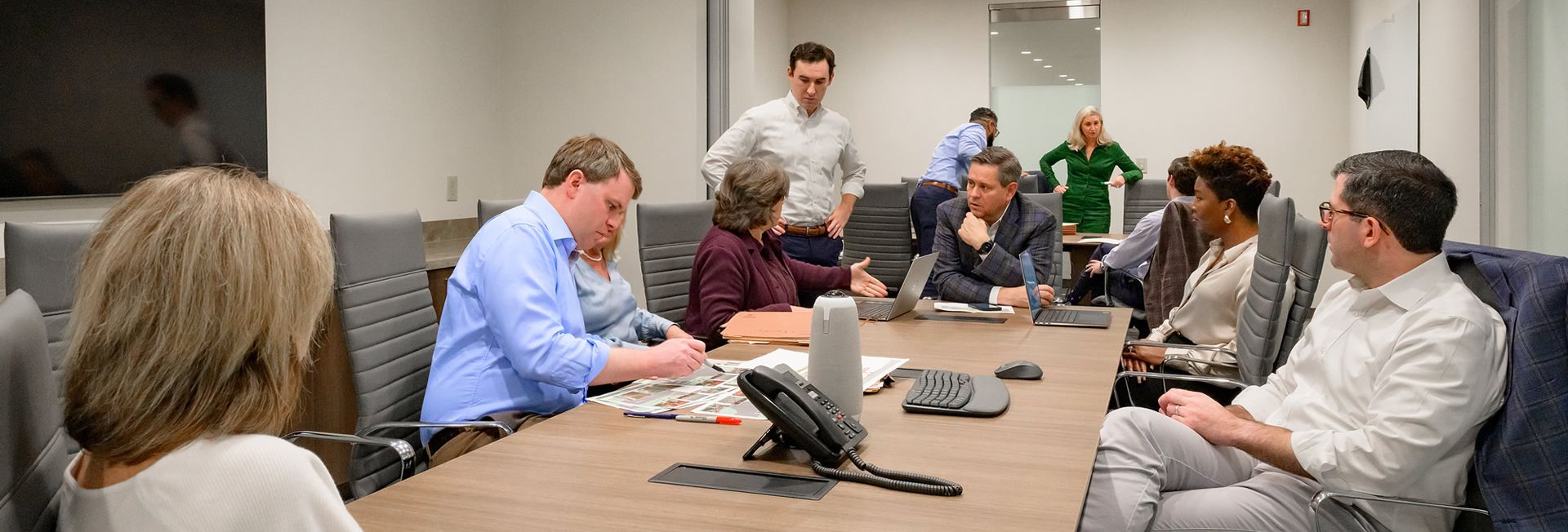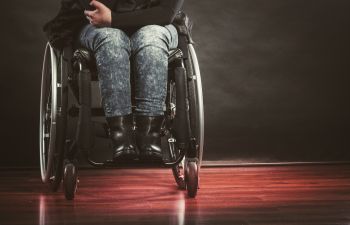Spinal Cord Injuries and Mental Health
A spinal cord injury is life-changing in more ways than the impact on physical health. For many sufferers, losing the ability to perform everyday activities the same as before is only the beginning. Mental health problems are a secondary health concern that can manifest in several ways.
Depression
The limitations that are forced on the sufferer of a spinal cord injury can be hard to reconcile. Pain, discomfort, limited mobility and paralysis are just some of the potential impacts. When a person’s way of life suddenly changes due to injury, it can lead to chronic depression.
Anxiety
Anxiety may stem from memories of the accident that caused a spinal cord injury, or due to physical limitations such as needing assistance when using the bathroom. Without rehabilitation that takes mental health issues into account, many sufferers of spinal cord injuries may struggle to adjust.
Aggressive Behavior
Anger and resentment after a spinal cord injury are not uncommon emotions. The injured individual may experience bouts of frustration that manifest in aggressive behavior. If you or a loved one are being affected by negative thoughts after a spinal cord injury, it may be worth considering contacting an experienced counselor who can help.
Spinal Cord Injury Compensation
No amount of money will make your life like it was prior to a spinal cord injury. However, compensation will help to cover medical bills for treatment and mental health rehabilitation. Conley Griggs Partin LLP can provide legal representation in Atlanta, Georgia, if you were injured through no fault of your own.
Reach out to our offices for a legal consultation if you have suffered a spinal cord injury in Georgia. We will help you fight for fair compensation to cover medical expenses, loss of earnings, pain and suffering. Our legal team is waiting to take your call today.
Posted on behalf of

